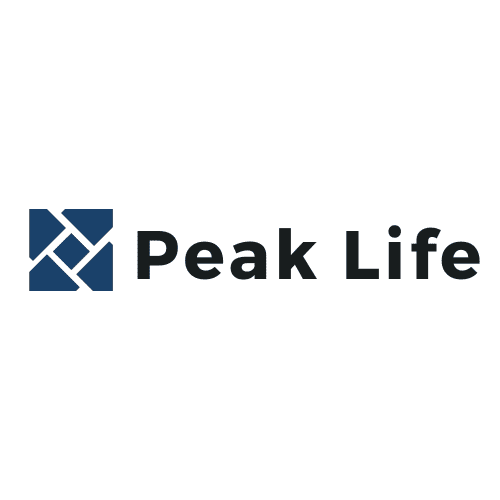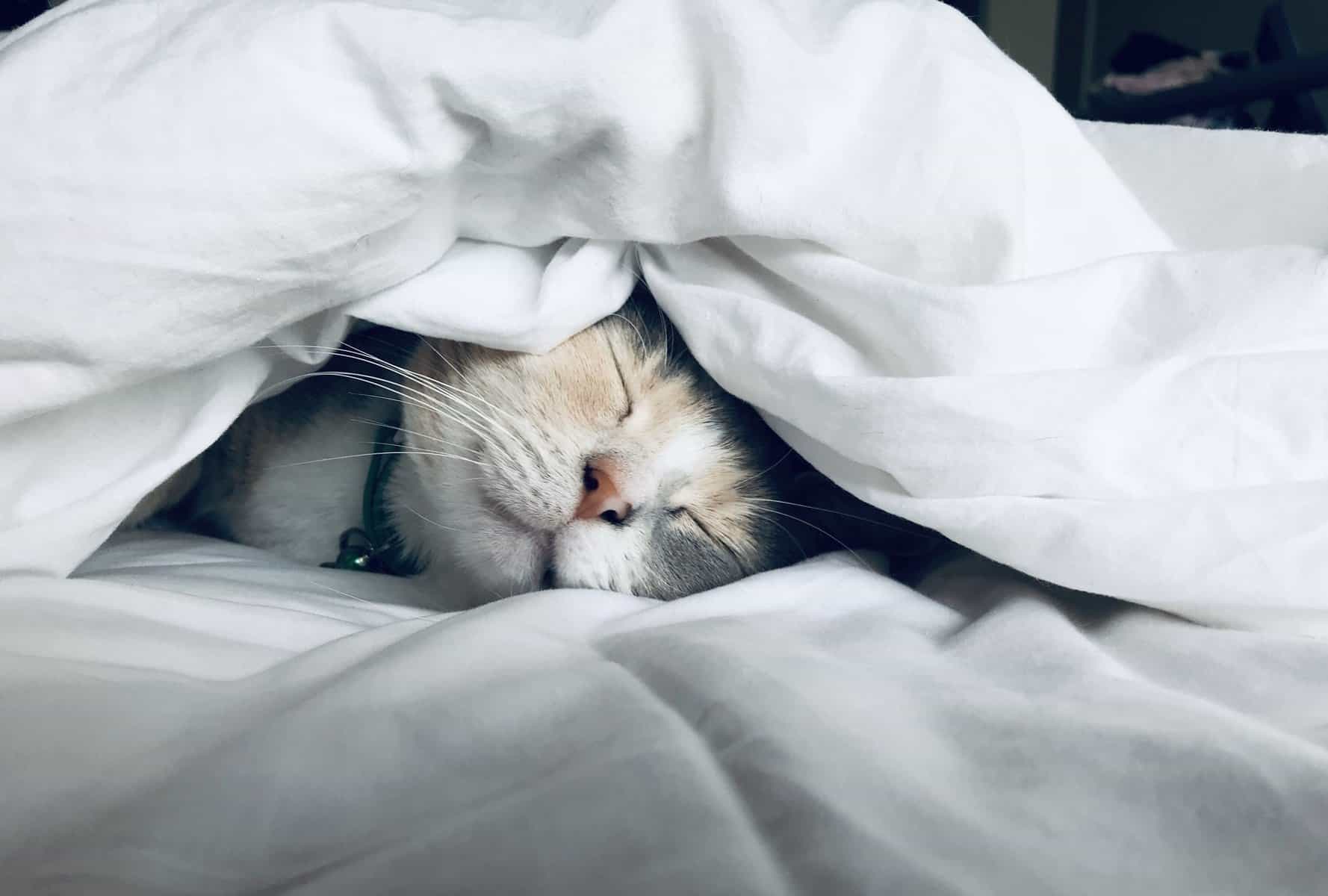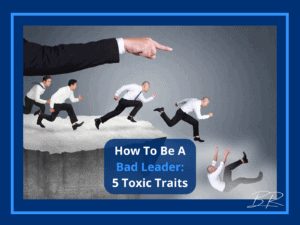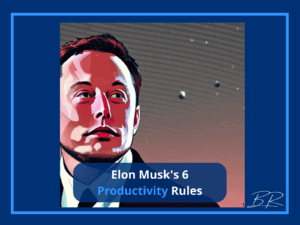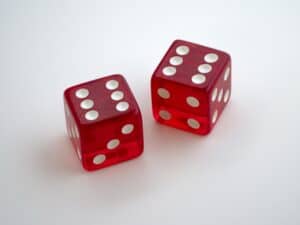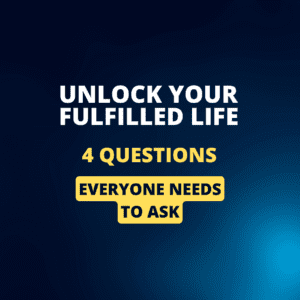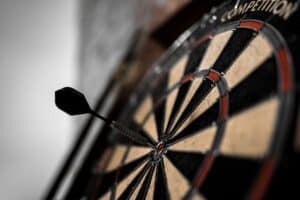Sleep: Unlock your FULL potential
This post contains affiliate links that help supports this blog and cost you the exact same. If you do not wish to use affiliate links, then feel free to google the product.

Sleep as much as you can without getting fired or divorced
— Robb Wolf
Sleep is one hot topic. Some people claim they only need 5 hours, some people say they need 10. Some people fall asleep effortlessly and some struggle all night, every night. I want you to get the best sleep possible!
While I’m not saying I have all the answers, I do have some techniques that can help you fall asleep faster, stay asleep longer, and most importantly, get a more sound sleep. This is so important as I truly believe sleep is one of the most crucial factors in living your best life (if not the most important factor).
If you are looking to live a high-performance life and you’re not getting the best sleep possible you are missing out on so much potential. It’s like driving a Porsche but not getting out of second gear.
While you sleep:
-
your brain creates new neural connections helping to solidify movement patterns that have been learned and practiced throughout the day.
-
your brain does housekeeping and cleans up broken connections.
-
your body repairs itself, so if you had a hard workout the day before you do not actually become stronger until your body heals from the damage making your neural connections and muscle tissues stronger than they were before.
Pretty much everything good happens in the hours that you seemingly doing the least.
When you’re well rested you can think faster, switch tasks more efficiently (multitasking is a myth), focus longer, run faster, jump higher, and be more empathetic and understanding. When you’re not rested your focus is shortened, you’re more irritable, your decision-making is limited, you store more fat, and you do not look nearly as good.
Sleep Hygiene
The first step in getting sound sleep is to have a proper routine (check out my article on creating that perfect routine here). A bedtime routine helps prime your body and mind so that it knows when it is sleep time, this helps make you tired and fall asleep easier. So often we do things at night before bed that sabotage our sacred sleep. The first step is acknowledging that sleep is absolutely critical to high performance and that protecting our sleep routine is of utmost importance.
Having proper sleep hygiene is actually fairly straightforward.
1) Do things that make you relaxed.
2) Avoid things that make you excited.
The simple better sleep to-do list:
-
Have a completely dark room (blackout blinds, no screens or lights)
-
Clear your mind before bed (journaling is great, I use the 5 minute journal). #notsponsored
-
Go to bed and wake up at the same time regardless of the day of the week (having a routine will help your body know that it’s bedtime and will make it easier to adjust to the sleep rhythms) .
-
Keep the room as cold as possible. You sleep better when your body is on the colder side.
-
Breathe through your nose. (The book Breath by James Nester goes into the details. If you love the details, I recommend giving it a read).
The simple No list:
-
No caffeine anywhere near bedtime (we all metabolize caffeine at different rates). For me, it’s no coffee after 1 pm.
-
No screens/TV/Social Media/Work within at least an hour of bed (two hours is even better). These will only get your head spinning with excitement or anxious energy and it does nothing but make it harder to fall asleep. PS I think a kindle is okay for reading before bed as long as the nighttime mode is turned on.
-
No water within 2 hours of bed. Getting up to pee does not help with getting a sound sleep.
-
No alcohol near sleep, a good rule of thumb is that 1 drink takes 1 hour to metabolize (for some people this will take longer).
Sleep tracking
I have been tracking my sleep for a long time with a wide range of apps and gadgets. My all-time favorite is the Oura Ring (#not sponsored). The Oura Ring is just like it sounds, it’s a ring that you put on your finger while you sleep. It has sensors that measure lots of metrics that are useful in understanding how well you slept and how recovered your body is.
-
Body Temperature
-
Respiratory Rate
-
Sleep Cycles
-
Sleep Duration
-
The time it takes to fall asleep
-
Movement
-
Heart Rate
-
Heart Rate Variability
-
And much more
From all of this data, it uses proprietary algorithms to come up with a Sleep Score and a Readiness score. I primarily look at my sleep score, my heart rate, and heart rate variability.
Sleep Score Deep Dive
The sleep score has been so useful to help narrow in on what my body needs for a restful, sound, restorative sleep. Some of the insights have been obvious and some are much less obvious. Now I’m not a sleep doctor so these are just my findings and your milage may vary.
1. Alcohol sucks for sleep. If I have more than two drinks in a night; or have even one near bedtime my sleep will suffer. The body needs to metabolize the alcohol before it cycles into Deep and REM sleep. This means that you will need a longer sleep to get the same quality.
2. Heavy workouts force my body into more deep sleep to recover and repair tissue. I find this to be one of the less obvious and more interesting parts of tracking my sleep. If I’m doing a hard workout that involves a lot of squats or heavy lifting my REM sleep percent will be way down and my deep sleep percent will be much higher. To then get the same amount of REM sleep I will need to sleep longer.
3. REM sleep is primarily the brain portion of sleep where it creates new pathways and clears out the junk. For me most of my REM sleep will start after 6 hours of sleep. What is interesting about this, is the times that I do not get as long of a sleep I end up with almost no REM sleep. This then causes me to struggle with focus and to be grumpier and less understanding.
4. Caffeine. I love coffee more than most people but anytime I have a cup of glorious joe after 3 pm I struggle to fall asleep and it takes longer for my heart rate to lower. Therefore, I just err on the side of caution and do not have any coffee after 1 pm (this allows me a perfect cup of coffee after lunch).
5. Heart rate and heart rate variability. Heart rate variability is an interesting topic and it has become a standard way for athletes to track recovery. What I have found is when my resting heart rate starts to creep up and my heart rate variability starts to lower, it is time to back off training, get more sleep, check my nutrition, or consider that I may be getting sick. Typically, my resting heart rate is 43-48 and my heart rate variability will be around 80. If I notice my heart rate is staying high through the night or my variability is staying low I need to figure out what is happening.
Summary
Although many people boldly yell “I can sleep when I’m dead” there is really no proof of this, plus, if you don’t sleep now, you are pretty much guaranteed to have that D-Day approach much faster than if you soundly sleep every night. I think the best summary I have ever seen on sleep is from Robb Wolf. He stated.
“Sleep as much as you can without getting divorced or fired”
Reminder
-
Sleep in a pitch-black quiet room. A Sleep Eye mask and ear plugs are your friends.
-
Prime your body for sleep. Stop doing stressful stuff at least an hour before bed. No screens, no work, no stress.
-
No caffeine past the afternoon. (I make my cutoff at 1 pm).
-
Booze 100% makes your sleep worse. So give your body at least 1 hour per drink before bed.
-
Sleep in a cold room, do not pile on the blankets. Your body does not want to be steaming hot.
-
Go to sleep and wake up within an hour of the same time every day to help your circadian rhythm.
-
Breathe through your nose. Check out mouth tape if you’re a mouth breather.
* The Amazon links are affiliate links which gives me a small kickback. This helps support the blog, and costs you the exact same amount of $. Thanks!
